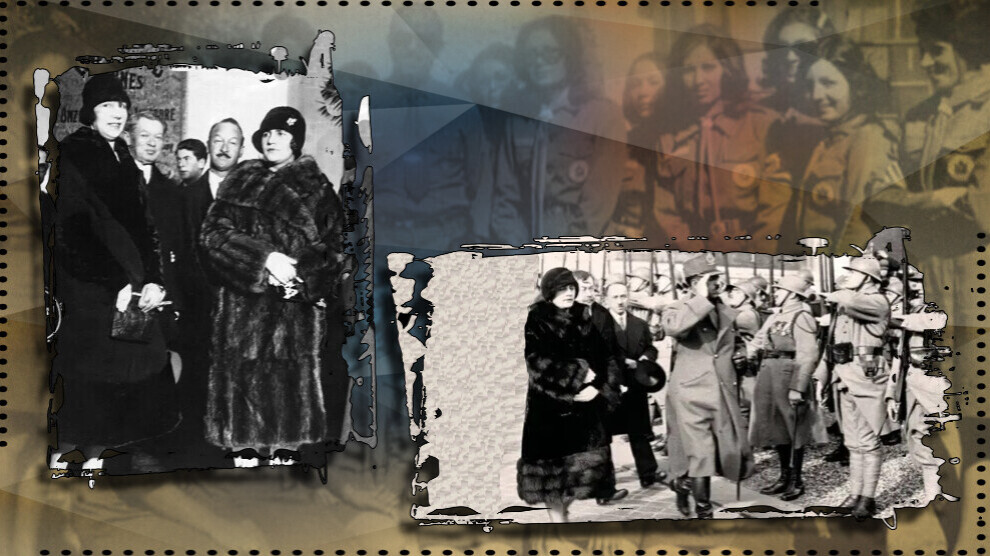History of Afghan women’s role in art and literature-Part 3
Queen Soraya played a major part in the modernization reforms of the emancipation of women.

BAHARAN LAHIB
Kabul - When going through every page of Afghanistan's history, we see almost no just and popular ruler. Up to now, everyone has come to power by leaning on different countries and none of them has hesitated from committing any kind of crime and betrayal to maintain their power. The rule of King Amanullah is the only different era that Afghan people will never forget.
Amanullah Khan was the grandson of Abdul Rahman Khan and the son of Habibullah Khan. King Amanullah Khan was the only progressive and forward-looking king of Afghanistan and unlike his great-grandfather and his father, he provided great services to people.
The October Revolution in the Soviet Union had a great impact on progressive and communist movements of the time in the world, and in Afghanistan, also had its impact on Amanullah Khan and his associate’s thoughts. His wife, Queen Soraya, also had a great impact on him. She was the daughter of Sardar Mahmud Beg Tarzi and had spent her teenage years in Middle Eastern countries.
Reforms
Amanullah Khan promised the intellectuals of Afghanistan two major and fundamental tasks. First, to take back independence from the British and bring changes in the affairs of the country. Coming to power, he fulfilled his promises together with Queen Soraya and his other comrades. They declared the country's independence in 1919 and shortened the British hand from Afghanistan. He conceptualized a modernist constitution that incorporated equal rights and individual freedoms. He drafted the country's first constitution, the “Statute of the Supreme Government of Afghanistan,” to ensure national unity based on equal rights for all people before the law and their participation in the political development of the country. The constitution was officially approved and ratified by 872 tribal elders and government officials gathered in a Loya Jirga in Jalalabad on 11 April 1922. Under Sharia law and government-enacted legislation, all citizens were entitled to equal rights and freedoms, according to article 16 of the constitution.
Queen Soraya
Amanullah Khan publicly campaigned against the veil, against polygamy, and encouraged education of girls not just in Kabul but also in the countryside. Amanullah's wife, Queen Soraya Tarzi played a significant role regarding his policy towards women. Queen Soraya was instrumental in enforcing change for women and publicly exhorted them to be active participants in nation building. Queen Soraya encouraged women to get an education and opened the first primary school for girls in Kabul, the Masturat School in 1921, as well as the first hospital for women, the Masturat Hospital, in 1924. She sent 15 young women to Turkey without a veil for higher education in 1928.
In 1921 she founded and contributed to the first magazine for women, Ishadul Naswan (Guidance for Women), which as edited by her mother, as well as the first women's organization, Anjuman-i Himayat-i-Niswan, which promoted women’s welfare and had an office to which women could report mistreatment by their husbands, brothers, and fathers.
Radha Jan
Radha Jan was the daughter of Diwan Niranjan Das, the Minister of Finance and Trade. He had two brave daughters named Radha and Zaro who played an important role in the liberation of women. Radha was one of the greatest horse-riders at the time. She rode a horse throughout Kabul many times. Both Radha and Zaro were always by their father's side and participated in gatherings held by King Amanullah and Queen Soraya. Radha was famous for her courage and bravery.
